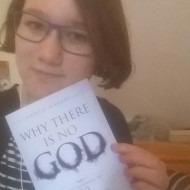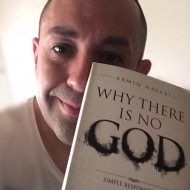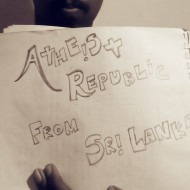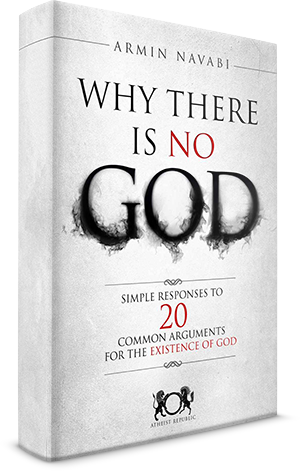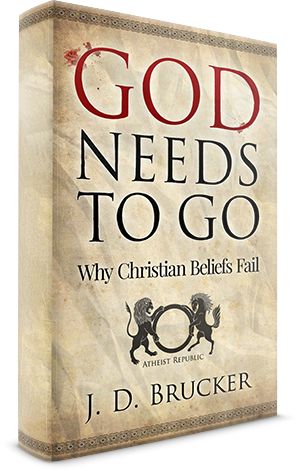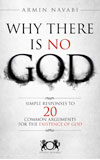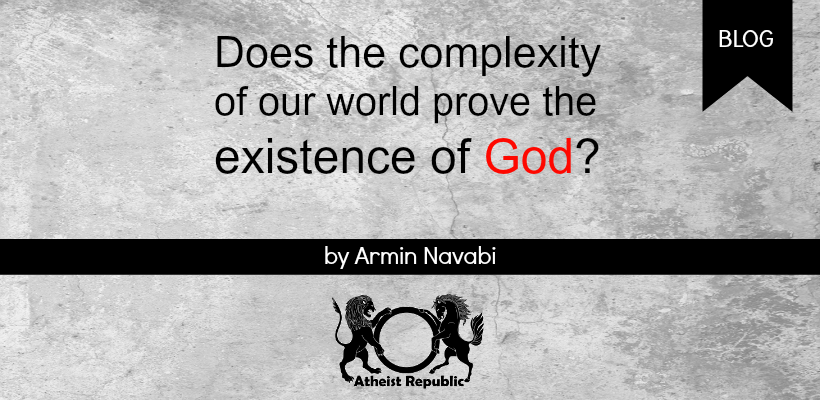
Arguably the earliest function of religion was to explain natural phenomena that primitive man could not otherwise understand. Lightning storms and volcanoes, for example, are natural forces that were once attributed to deities. Now that scientific progress has made it clear how and why many of these things occur, a God is no longer required to explain them.
The same is true for many other natural processes, and as the scientific method manages to come up with more models with better explanatory and predictive capabilities for such phenomenon, supernatural explanations prove themselves more inadequate, to say the least. Even though there are things in the world that we don't yet understand and may never truly understand, there's no reason to simply make up an explanation. In effect, belief in God is not really an answer; it's simply a way of saying, "I don't know." Yet, the existence of deities raises more questions than it solves.
In 1802, philosopher William Paley introduced "The Teleological Argument" in his book Natural Theology (1). In it, he argues that the universe must have been designed by an intelligent creator because it is too complex to have arisen by chance. To illustrate this, he makes an analogy to a watch: if you're walking on the beach and find a watch, you know from its complexity that a watchmaker must have created it. It would be absurd to think that the watch could have sprung up spontaneously. By his logic, complexity implies design.
Since then, many scientists and philosophers have tackled this issue and have shown that complex systems can arise without a designer. Evolution by natural selection is one such system. We’ll examine the issue of complexity without design here from a more general perspective, but you can visit EvolutionSimplyExplained.com for a short and simple video explaining how evolution works.
The mathematician John Conway created a model, the Game of Life. The game shows how complexity can arise from a few simple cells following basic mathematical rules (2). In the game, a player establishes an initial pattern of "cells," then sets them loose to multiply and die according to basic mathematical calculations:
For populated spaces:
- If a cell has one or fewer neighbors, it will die.
- If a cell has four or more neighbors, it will die.
- Cells with two or three neighbors will survive.
For empty spaces:
- Cells with three neighbors become populated.
Depending on the initial circumstances, the results of each game can vary substantially. Some create incredibly complex, symmetrical designs that constantly grow. Others move toward a point of stagnation before growth stalls entirely. In every case, the resulting design occurs entirely from the mathematical laws governing the behavior of cells, not from any conscious behavior of the person playing. The game illustrates then that any system with its own rules can operate itself and move toward increasingly complex results without outside interference. You can see some of these complex objects emerging from simple laws, spreading and interacting in surprisingly beautiful designs:
Complexity Is Not the Marker of Design
The watch analogy works precisely and only because we know that watches are not natural and do not arise on their own in nature. If design were truly responsible for everything, there would be no fundamental difference between a stone and a watch because both would have been designed by an intelligent creator. Thus, we would not be able to recognize design from non-design, and the terms would be obsolete. Design exists purely in contrast to naturally- occurring phenomena.
If Complexity Requires a Creator, Who Created God?
This is perhaps the greatest problem with the idea of complexity by design. Invoking a deity doesn't solve the problem of complexity; it introduces a new problem. If all complex things really do require an intelligent creator, then why is that creator himself not bound to the same rule? Would that complex deity not require an even more complex creator, and so on, for infinity?
The complexity of the universe is something that scientists continue to explore, and we may never have all the answers. But there's nothing wrong with that. Not knowing the answer to a question is not a valid excuse for making up a fairytale to explain it.
References:
- Paley, William, and Matthew Eddy. Natural Theology: or, Evidences of the Existence and Attributes of the Deity, Collected from the Appearances of Nature. Oxford: Oxford University Press, 2006.
- Gardner, Martin. "Mathematical Games – The Fantastic Combinations of John Conway's New Solitaire Game ‘Life.’" Scientific American 223, October, 1970, 120-23.


